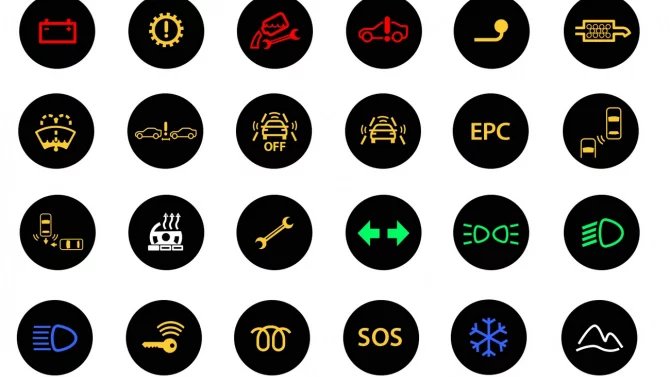...
By Paul Taylor and David Lawsky
BRUSSELS, June 22 (Reuters) - A dispute over the place of "free and undistorted" competition in a European Union reform treaty was resolved at a summit on Friday after free-marketeers reached an agreement with France, EU sources said.
French President Nicolas Sarkozy had persuaded the German EU presidency to remove mention of the principle from the objectives of the Union in a mandate for a new treaty, raising concern among practitioners about the legal implications.
But a senior EU source said that after intensive contact between European Commission President Jose Manuel Barroso and Sarkozy, an acceptable arrangement had been found to reaffirm the legal basis of Brussels' regulatory powers.
"The competition issue is being solved in a satisfactory way following the intervention of President Barroso and intensive contacts with President Sarkozy," the source said.
They agreed that the treaty would provide legal certainty on EU powers to regulate cartels, big mergers and antitrust violations, while removing "ideological" wording in the defunct EU constitution on "free and undistorted" competition, he said.
Britain, the Commission, the EU's top business lobby and senior lawyers launched a last-minute counter-offensive after word of the quiet Franco-German move leaked from the summit late on Thursday.
British Prime Minister Tony Blair raised the issue with Sarkozy at a private meeting, insisting the treaty be clear about the EU's commitment to antitrust principles.
"We have to have a situation where there is clarity over the EU's attitude to competition," Blair's spokesman told reporters. He later said Britain had received satisfactory clarification that there would be no legal change in EU competition powers.
NO ROLL-BACK
The EU executive vowed to fight any attempt to roll back the bloc's powers on the issue.
Respected former EU competition commissioner Mario Monti said removing unfettered competition as a core objective could be the beginning of the end of European economic integration.
"This would in a sense begin to disintegrate the Union," Monti told Reuters, adding that large states could exploit such wording to carry out industrial policy "to the detriment of the small member states".
But EU officials said the Commission's lawyers were privately less concerned, arguing there was still a strong legal basis in existing treaties for Brussels' competition powers.
"There are 13 other references to competition in the treaty so legally the situation on competition will not change in any way," Blair's spokesman said.
French presidential spokesman David Martinon said Sarkozy had also won the addition of a phrase pledging that the EU would contribute to "protecting its citizens".
Some free-marketeers see this as code for economic protectionism, although French officials dispute that, saying it is aimed at reassuring French people who voted against the EU constitution in 2005.
Europe's main business lobby called the move worrying.
"We are concerned," said Jerome Chauvin, director of legal affairs at BusinessEurope, arguing that unfettered competition was an important aspect of the EU's internal market.
"You can never know how it will be interpreted by the European Court of Justice," he said.
Brussels competition lawyers said the top EU court would have to take account of a change in the fundamental document.
"It would modify in potentially far-reaching ways the long-established legal principles" in every area of competition policy, said John Temple Lang of Cleary Gottlieb.
"It would open the way to protectionist measures by both member states and the EU as a whole," he said.
Alec Burnside of Linklaters said that when the court weighed sometimes conflicting objectives of the EU "the point will be argued that something must have been intended by the change, and the relative priorities will be shifted". (additional reporting by Huw Jones and Adrian Croft)
Keywords: EU TREATY/COMPETITION




 Řidička uvízla na železničním přejezdu, rychlík ji minul jen o kousek
Řidička uvízla na železničním přejezdu, rychlík ji minul jen o kousek
 Brzdná dráha delší až o deset metrů. Hlavně levné pneumatiky z východní Asie jsou pro řidiče rizikové
Brzdná dráha delší až o deset metrů. Hlavně levné pneumatiky z východní Asie jsou pro řidiče rizikové
 Test Renault Symbioz: S novým hybridem jezdí svižně a se spotřebou legendárního té-dé-íčka
Test Renault Symbioz: S novým hybridem jezdí svižně a se spotřebou legendárního té-dé-íčka
 Kdo nezvládne tento kvíz za plný počet, ten si dost možná auto zničí. Kontrolky jsou totiž základem komunikace mezi autem a řidičem
Kdo nezvládne tento kvíz za plný počet, ten si dost možná auto zničí. Kontrolky jsou totiž základem komunikace mezi autem a řidičem
 Nákup ojetiny jako rizikový podnik. Každá druhá ojetina ihned potřebuje nečekanou opravu za mnoho tisíc
Nákup ojetiny jako rizikový podnik. Každá druhá ojetina ihned potřebuje nečekanou opravu za mnoho tisíc
